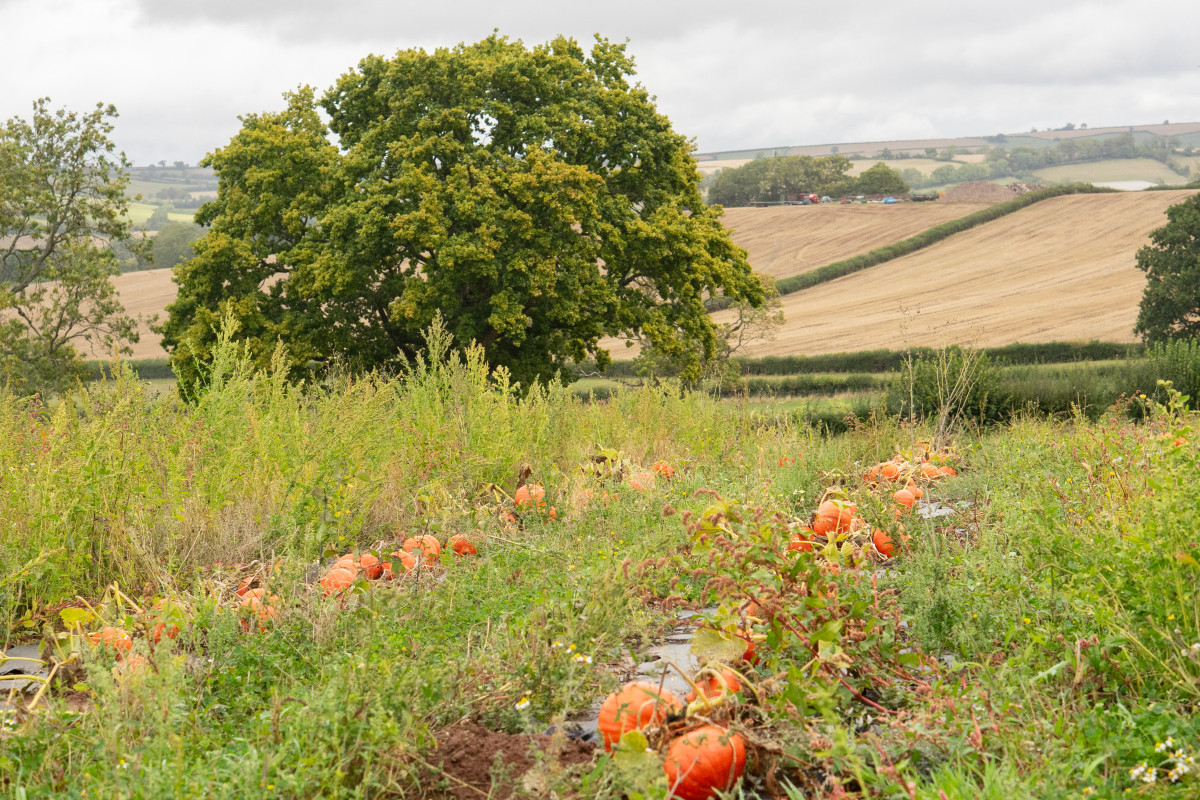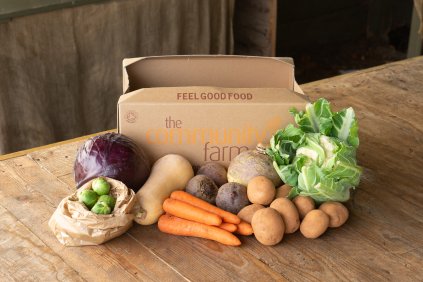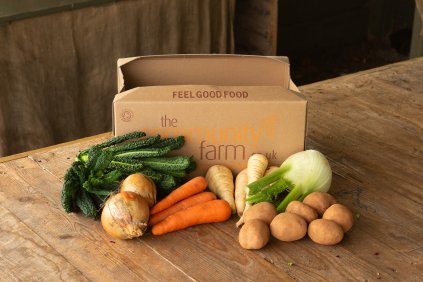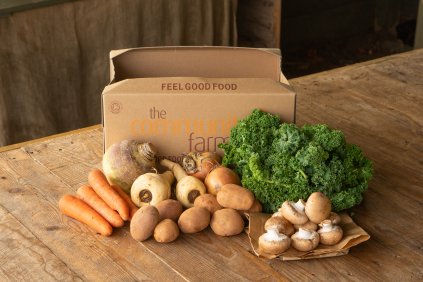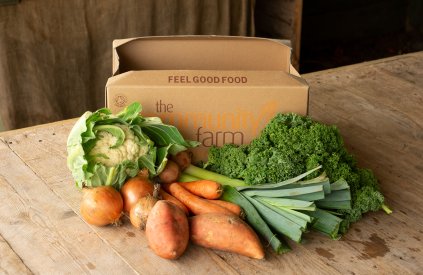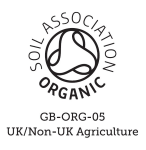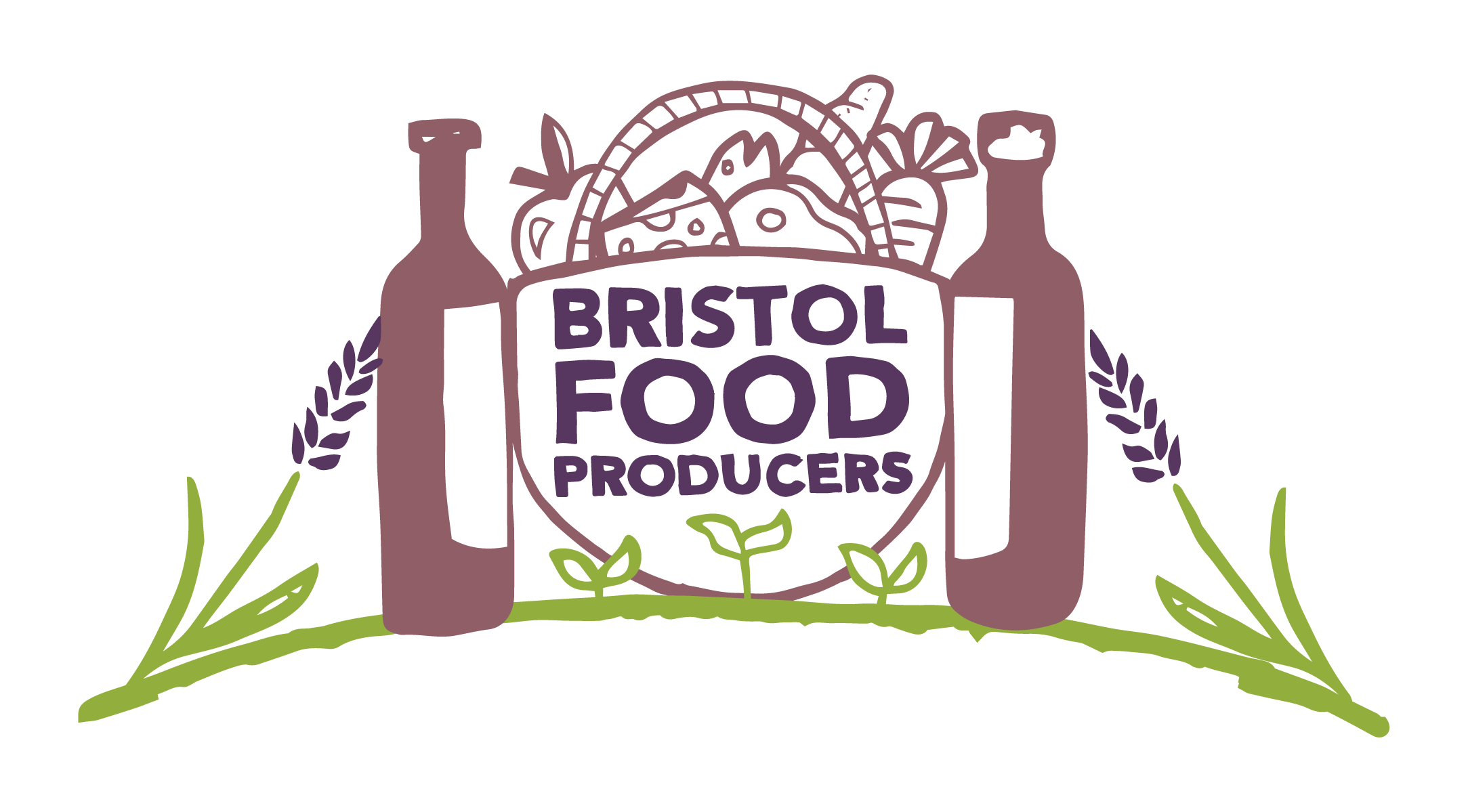My major reflection on the last few months is relief at how fortunate we have been at The Community Farm because COVID-19 has - so far - not had much of a negative impact on the field and growing side of our business.
We are lucky to have a business model that allows us to sell most of our produce direct to customers through our box scheme and we have been able to keep on with “business as usual” throughout the pandemic. I am well aware that the last few months have been a lot more stressful and difficult for some small organic growers who did not have a similar, reliable route to market. Many of them, particularly here in the South West, rely heavily on farmers’ market stalls and local hotels and restaurants for their sales. In April I was hearing of growers whose usual income had disappeared overnight and were frantically working out how to make a quick switch to selling and delivering directly to individual customers. This underlines how important small box schemes such as ours are in the local food network, and how communication and cooperation between small organic producers is not just important but vital in times of crisis.
It was fortunate in some ways that the peak of the pandemic hit us in the hungry gap when most producers were harvesting little from the fields and had already sold most of their overwinter stores from last season, so there was at least some breathing space for growers to find alternative customers for their new season crops if necessary.
Of course, the majority of field work is outdoors, either solo or with a few other people working nearby with plenty of open space to socially distance as needed. Therefore, the effect of the lockdown on the day-to-day operation of the field was very little; we had a full team at work at The Farm every day as usual. In some ways the lockdown actually helped our operation as it removed nearly all external distractions from minds and diaries and the working day. We found that we were getting more done, ahead of schedule (helped by the fact that the weather was nearly ideal throughout April and May). There was also a renewed sense of the importance of our work, that it was needed by the community, and so the best thing we could be doing was to get our heads down and crack on with all of the spring tasks on the to-do list.
The percentage of our veg boxes filled by produce from our own field - in terms of a full year of deliveries - is relatively small. This is partly a deliberate strategy and in part a consequence of how the continued growth of our box scheme has outpaced what we are able to produce ourselves, given the limited area of land and the machinery and infrastructure we have available to us. If the current boom in demand for veg boxes stays with us for the longer term, then the percentage of our field produce in the boxes becomes even smaller. This year we were already thinking about what our strategy should be for the next 5 years: what is the right scale for the field operation in the future? Should we be thinking about taking on more land so we can grow more produce? It is not something that we could manage without additional investment and careful planning, and there are both pros and cons to getting bigger, and to keeping to the small scale we have now. The last few months have brought the implications of these questions into even sharper focus. And, if in the future we need to rely even more on local growers to meet an increased demand for organic vegetables and fruit, is there capacity available in our local networks to meet it?
When the lockdown started, I began to worry about whether we would have the workers we needed to keep the field staffed and running. Our two seasonal field workers were due to start on 30th March: one of them declined the job offer because of the difficulty of relocating during the lockdown; the other was stranded in India and could not get back into the UK until the end of May. As it turned out, I need not have worried as finding enough labour during the lockdown did not prove to be a problem. One post was filled immediately from our reserve list of applicants and the other by short term cover from other farm staff, and then by a temporary worker whom we found through the local Bristol and Bath Organic Growers Group. Throughout April, in fact, I was directly contacted by, or was aware of, many more willing hands seeking work. This included experienced workers looking for paid employment, those who were inexperienced and suddenly unemployed, and also many others who just wanted to help out and offered to give their time for free, as volunteers.
Our normal volunteering programme was suspended until we were satisfied that we could manage groups of visitors safely. The regular weekday volunteering groups did not resume until early May. Fortunately, their absence coincided with a period during which we were less reliant on outside help, so our essential tasks were unaffected; the real need for volunteer support on The Farm starts in mid-May for planting, and then ramps up through the summer when we need extra help with picking, packing and weeding. The main concern was how we could continue to run our Community Farmer Days (CFDs) on Saturdays as our crop plan relies on these larger groups of volunteers to help with tasks such as the hand planting of tens of thousands of leeks and onions. In early April we ran a pop-up day with a work group of 12 people (a few of the staff plus specifically invited volunteers and household members) to set up our new no-dig, market garden area. It was the first test of whether a large group volunteer day could work with COVID-19 safety measures in place; everything from arrival and task briefing 21 to shared use of tools, job design, lunch and coffee breaks and use of toilets needed to be thought through from start to finish. Thankfully it was a great success. We resumed a reduced programme of CFDs in May and it was a huge relief when everything was planted on schedule.
We also had occasional help from a 'household bubble’ of volunteers (the Warin household) for tractor planting and also for some of the market garden preparation work. This removed the immediate headache of how to run a tractor planter with a crew of three on the back who are all sitting less than 1m apart for more than 30 minutes at a time. After a risk assessment, some additional safety measures and the gradual loosening of the lockdown, the field staff crew have now resumed doing that work themselves.
One unanticipated impact during the early stages of the pandemic was the reduced availability of seeds. A spring lockdown resulted in a massive overnight surge in demand from home gardeners for vegetable, flower and grass seeds. Seeds became the toilet rolls of the horticultural retail sector. Within the first week, every seed supplier from the largest to the smallest in the UK was overwhelmed and had to close their websites to cope with the backlog of orders. I heard that some saw four or five times their usual amount of business throughout April (which is already the peak month) and would get a normal week’s worth of orders within a few hours of reopening their websites. Now, in July, some are still restricting their opening hours because demand remains very high. All of the suppliers who sell bulk seed also operate a “small packets” retail business, so it had a knock-on effect on commercial growers who obviously depend on seed for their livelihood. Like most growers, I had already done some of my annual seed orders well ahead in January, but that was only the varieties I needed for our early sowings until the end of March. 70% of the seed I needed for the rest of the year was scheduled to be ordered in the first weeks of lockdown. In the end I managed to find all of the seeds I needed, but it added several days of extra work to ring additional suppliers, work around the closed websites and the long delivery delays and find alternatives to popular varieties that had sold out. Lesson learned: try to anticipate peak demand and buy seeds and other essential inputs a month or two further in advance than usual, whenever it’s practical to do that.
Will COVID-19 bring a sustained boom in interest in growing your own at home, beyond this year? It can only be positive and welcome for our local food system and public health if it does. At the same time I hope that consumer behaviour will become more educated as a result of this experience. It was clear that many were needlessly overbuying a product with a limited shelf-life (seeds are not like loo rolls in that respect) and a perception of scarcity and panic buying quickly generates even more demand.
John English
Head Grower at The Community Farm
Join one of our events this year!Find out what's on
About Us
- Home
- About Us
- News from The Farm
- The Community Farm’s Field and Growing Operation during COVID

Search
The Community Farm’s Field and Growing Operation during COVID
- Details
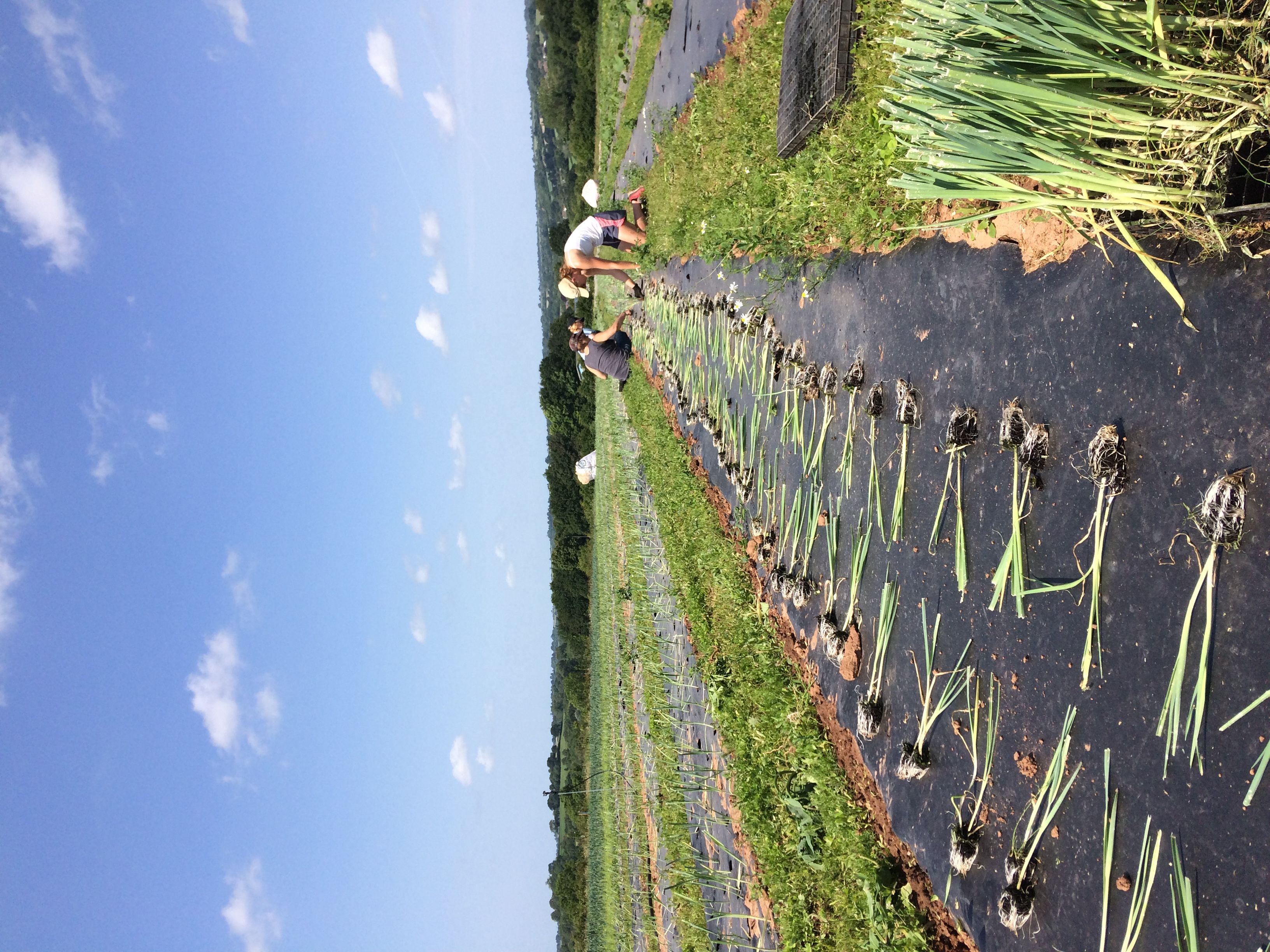
Our Most Popular Boxes
Do we deliver to you?
We deliver to Bristol, Bath, Chew Valley, Weston-Super-Mare, Frome and plenty of places in-between!
The Community Farm
Denny Lane
Chew Magna
Bristol BS40 8SZ
Our Outlets
Saturdays 9am-2pm
The same wonderful, organic produce that goes into our veg boxes is available for sale at The Farm's Veg Shed.
The Community Farm is a not-for-profit organisation, registered with the Financial Conduct Authority as a Community Benefit Society.
Our registration number on the Mutuals Public Register is 31018 R. Our companies Number at Companies House is IP031018
© 2026 The Community Farm

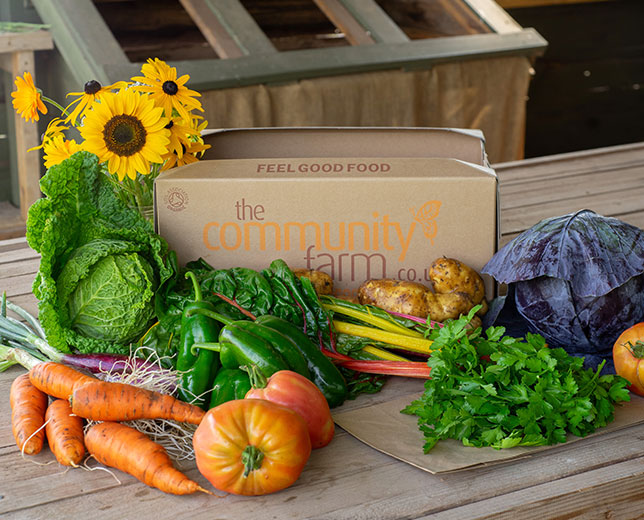
.jpg)
